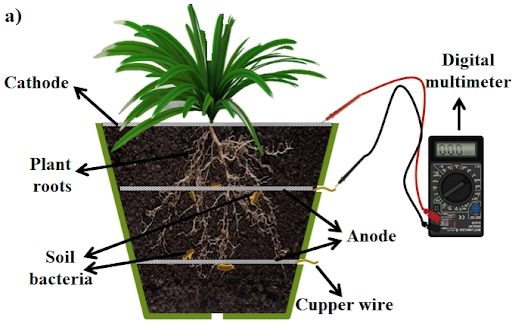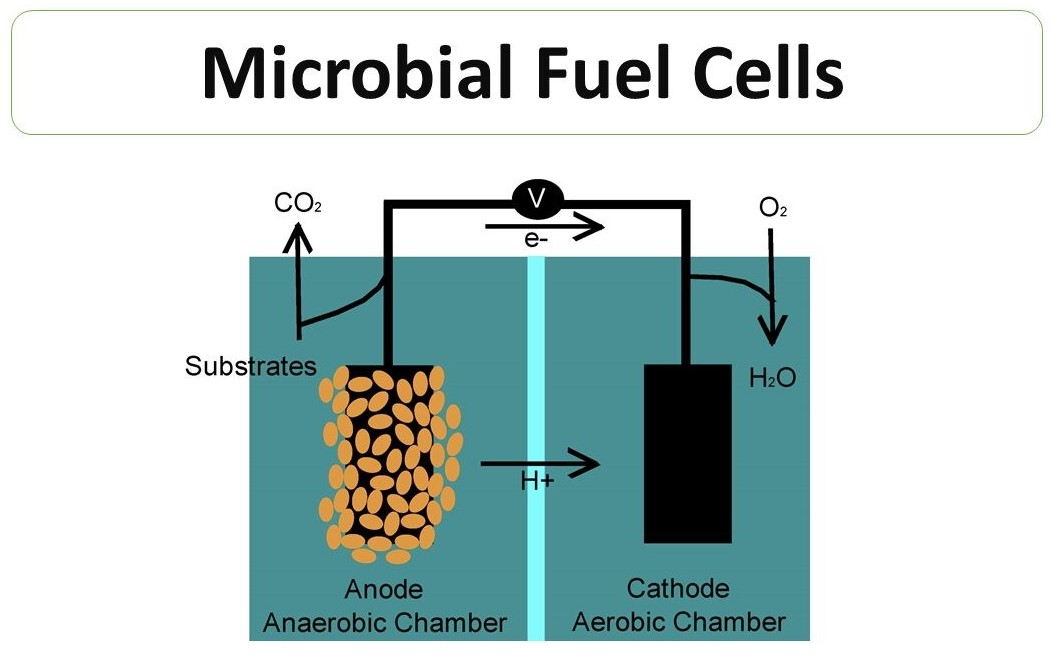Scientists develop microbial fuel cell using soil as power source
Researchers have unveiled a groundbreaking fuel cell capable of generating continuous electricity by harnessing power from soil. Developed by a team at the Northwestern University in the U.S., this compact unit, approximately the size of a book, holds promise for powering agricultural sensors and remote Internet of Things (IoT) devices.
The innovative technology taps into the natural electricity-producing capabilities of bacteria present in the soil, presenting an eco-friendly and renewable substitute for conventional, potentially hazardous batteries.

The soil-based microbial fuel cells (MFCs) constitute in fact a very simple engineered system that capture electricity just enough for small devices and practical, low-power applications – any time and virtually anywhere.
In testing, the latest fuel cell demonstrated remarkable endurance in both wet and dry conditions, outperforming similar technologies by 120%.
It successfully powered sensors measuring soil moisture and touch detection.
MFC technology draws inspiration from a 113-year-old invention of British botanist, mycologist, phytopathologist, and herbarium curator Michael Cressé Potter, who successfully generated electricity from microorganisms (his studies are here and here).

Although the concept dates back over a century, it wasn't until the 21st century that commercial applications emerged, such as Foster's Brewing using a prototype to convert yeast in brewery wastewater into electricity.
Scientists hope they will be capable in the future to harness energy for entire cities using the MFC technology. Until then, they have to figure out how to supply simple commercial units to hundreds of millions of households looking for ways to reduce their electricity bills or farmers trying to power irrigation appliances.
The research was published in the journal Proceedings of the Association for Computing Machinery on Interactive, Mobile, Wearable and Ubiquitous Technologies on 12 January 2024.
***
NewsCafe is a small, independent outlet that cares about big issues. Our sources of income amount to ads and donations from readers. You can buy us a coffee via PayPal: office[at]rudeana.com.







